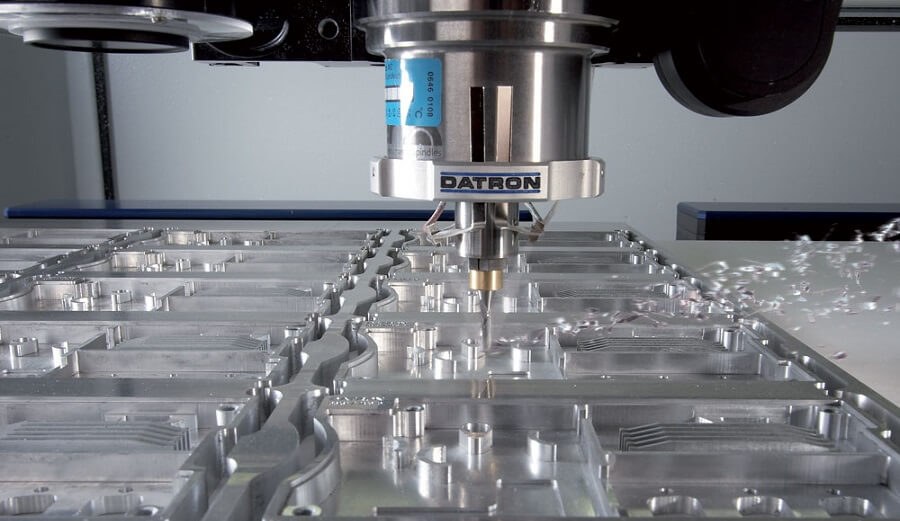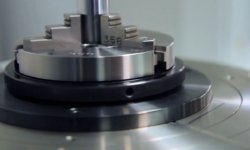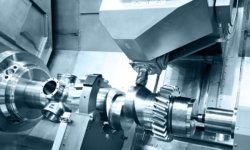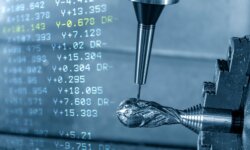When it comes to custom production parts, there are few faster methods than CNC machining. Thanks to the speed of CAD modeling, the ease of online orders and the availability of global shipping, it is now possible to order and receive custom machined parts in a matter of days.
It’s no exaggeration to say that ordering tailored components from an online machine shop is as easy as choosing parts from a catalogue.
So what exactly is custom machining, and why is it so useful during production?
The lowdown on custom machining
In short, custom machining is simply CNC machining in its various forms — CNC milling, CNC turning, EDM, etc — with the express purpose of creating parts that do not exist elsewhere.
Parts may not exist elsewhere for a number of reasons. In many cases, custom machining is needed when engineers are creating a novel production item whose individual components cannot be bought from a supplier — or at least not at a reasonable price.
Those components may be something simple, like a gear or button in a nonstandard size or material, or they may be completely new inventions.
Alternatively, custom machining may be required for an entirely commonplace part which happens to have a special requirement, such as a custom adapter, extra feature or textual engraving.
In lots of cases, custom machining is used to make piece parts, or large components that encompass several features. Since these parts are customized and ordered for a specific project, they can be heavily biased towards one particular end use; they do not need to use standardized or universal components.
And custom machining — whether it’s metal machining (of aluminum, bronze, brass, stainless steel, etc.) or plastic machining — has all the usual benefits and capabilities of on-demand CNC. Quality parts can be made very quickly from their digital files, even in an emergency, since setup times are short and there is rarely a minimum order quantity.
Reasons for custom machining:
- The desired part is nonstandard and not available from a supplier
- The desired part has unique features not found on standard parts
- Multiple elements can be combined into a single part
- High-quality parts can be made quickly in an emergency
- Machine shops will happily make part in small quantities
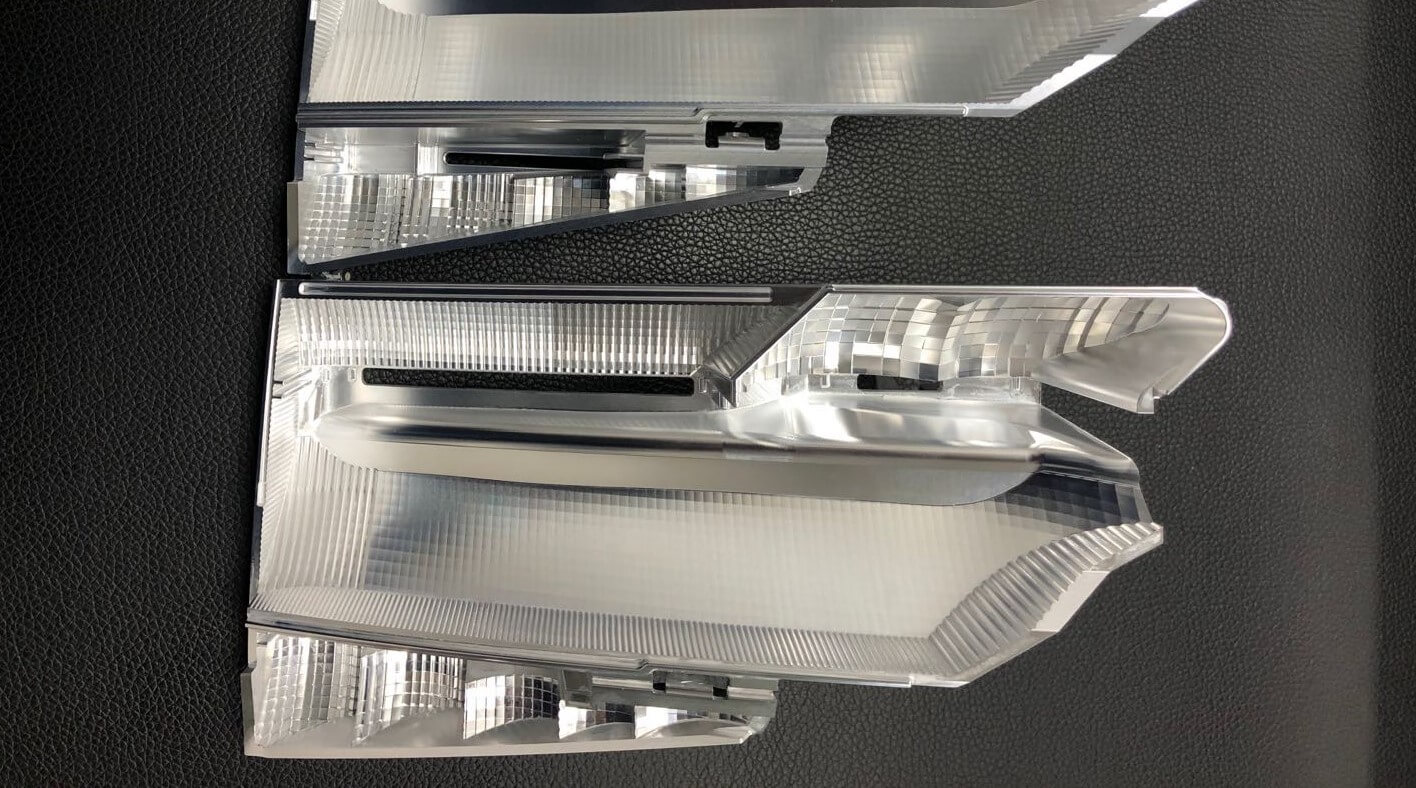
Typical Custom Machined Parts
Types of custom machining
Custom machining can involve many forms of machining, from manual lathes to 5-axis CNC machining centers, and from prototype plastic machining to accurate metal machining.
The machinery required for a particular project depends on the shape and size of the part, as well as the desired material. For some parts, several different cutting tools are required; for others, several pieces of machinery are required too. (For example, a tubular component may be made with CNC turning before further details are added using a CNC mill.)
Meanwhile, some custom machining jobs do not require electronic CNC equipment at all. Simple custom parts like jigs and fixtures, for example, might be made with a manual mill, since the time required to digitally design the simple part could be better used elsewhere.
In most cases, however, CNC machines represent the best option. They provide accurate metal machining and plastic machining, and they can operate semi-autonomously, leaving machinists free to carry out other tasks.
Custom machining vs. the alternatives
Custom machining is sometimes used in cases where CNC machining is not the only possible technique.
Imagine, for example, that a product designer has planned to order a small batch of 500 plastic components via an injection molding company. That product designer may find the quotation from the company is too high for the project’s budget.
In such a scenario, custom plastic machining may offer a more cost-effective solution, since the number of units is low and the custom machining company does not have to make costly tooling like the IM company does.
But it doesn’t always come down to price.
Speed can be a big factor too. A product designer may be considering several options for their order, and, if the order quantity is on the small side, custom machining may represent a significantly faster option than alternatives like molding, 3D printing, casting or sheet metal fabrication, since setup is fast and simple.
The quality and physical properties of machined parts can also entice customers to custom machining over alternative techniques.
Machining can achieve finer tolerances than processes like 3D printing, and machined parts are often stronger than their molded counterparts since a blank workpiece has been evenly extruded rather than injected into an irregular mold cavity.
3ERP is a specialist provider of custom CNC machining services, with years of experience working with customers from aerospace to consumer goods. If you are looking for CNC machine shops, 3ERP is your best destination. Request a quote for projects of any size.
